Mr. Law, David Hockney once said, “It’s good advice to only believe what an artist does rather than what he says about his work.” Would you agree?
I would absolutely agree 100%.
Does that also count for actors?
It counts certainly for actors. I think it counts for anyone who is an artist.
Why?
At the end of the day there’s an awful lot of what I do as an actor that I don’t necessarily understand – nor should I. One of the necessary evils of acting is doing an awful lot of interviews, which is interesting when you’re asked good questions but it can sometimes be mind-numbing. You feel like, “Why do I have to explain myself? I have nothing to say.” You’re not allowed to say, “I don’t know,” but you don’t always know why you did what you did.
Do you ever read interviews other actors give?
I’ve recently kind of stopped doing that because I don’t want to know their secrets. I don’t want to know what research they did or how they starved themselves for six months to play the part. I feel like those are all the tricks and they should be off-screen. There’s always too much information.
Do you consider acting an art in the same way that painting is an art?
It’s certainly a craft. Is it an art? Yeah, in certain ways it is. It depends on the director, it depends on the project, and it depends on the medium. In theater it feels like more of an art form than perhaps on film – in general. But in some films you are required to approach it like an artist and in others you’re about as artistic as the guys who are there to light it or to do the catering.
Where you are more like a prop than an artist.
True. “Stand here, do this.” So it depends, but I think there’s an argument to say that it is and can be an art form.
Is “feeling like a prop” the reason many actors dislike being photographed?
People can sometimes confuse what we do with what a model does. A model’s job is so very different. When you’re inhabiting a role, it’s not you. You feel like you’re safe in that world and you can commit to the rules of that part. Being photographed as a portrait, naked without any of that, is a very different experience. Being asked to be yourself and then do some silly stuff is awkward for anyone.
When does photography become art?
A photographer becomes an artist when their catalogue proves them to be an artist. It’s not what they’re photographing but how they commit to whatever the subject is that tells you whether they’re an artist or whether they are just someone for hire.
Who do you like to be shot by?
Paolo Roversi was really lovely.
He is one of my favorites.
He is great. Such a gentleman. Also Greg Williams, he is a good friend of mine. I’ve done a lot of work with him. And spending a couple of days with Peter Lindbergh is a pleasure. That doesn’t feel like work. He’s very, very entertaining. Those three are very easygoing gentlemen.
Do you still shoot with photographers you don’t know personally?
If I’m absolutely honest with that, I try to limit that to the bare minimum nowadays. I mean, when you are a youngster, you can’t do that and you find yourself getting burned now and again, being asked to do the most ridiculous things. You think, “Oh, I don’t ever want to do this again.”
It seems like anyone with a digital camera is calling themselves a photographer these days.
I think you’re right that digital photography is allowing a lot more people to participate, but I still think it has to be about the eye and framing – it’s all about framing – and also the story and what you want to get from your subjects. That takes personality and what more is art than putting one’s personality onto a canvas or into a character or into a photograph?
Who was the last artist to really catch your eye?
I’ve just moved back from New York and there was an Italian sculptor there called Pier Paolo Calzolari. He was humorous and brilliant.
Do you collect art?
A little, yeah. What I can afford.
Were there any artists that you liked when you were a kid?
I liked Rothko.
Why?
I think because I’m color blind, especially with reds and greens, and when I saw Rothko it was the first time I felt like I saw the distinction between reds, greens, and browns. I saw the red series when I was a kid. My mom took me to museums a lot.
What leads you to look at art, visiting a specific museum or do you go out to see certain artists?
I’m lead more by artists or galleries. I mean, there are museums I love going to. I love MoMA in New York… or do I? I’ve been to a few there that I didn’t like either. The turbine room in London is fascinating. I’m not the biggest fan of the galleries at Tate Modern, but I do like the turbine room.
Return to Top

Short Profile
Name: David Jude Heyworth Law
DOB: 29 December 1972
Place of Birth: London, England, UK
Occupation: Actor
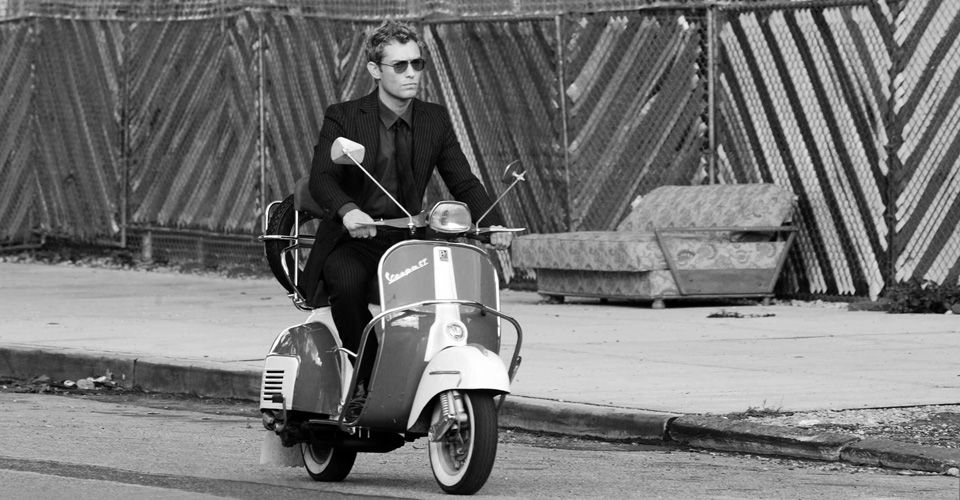
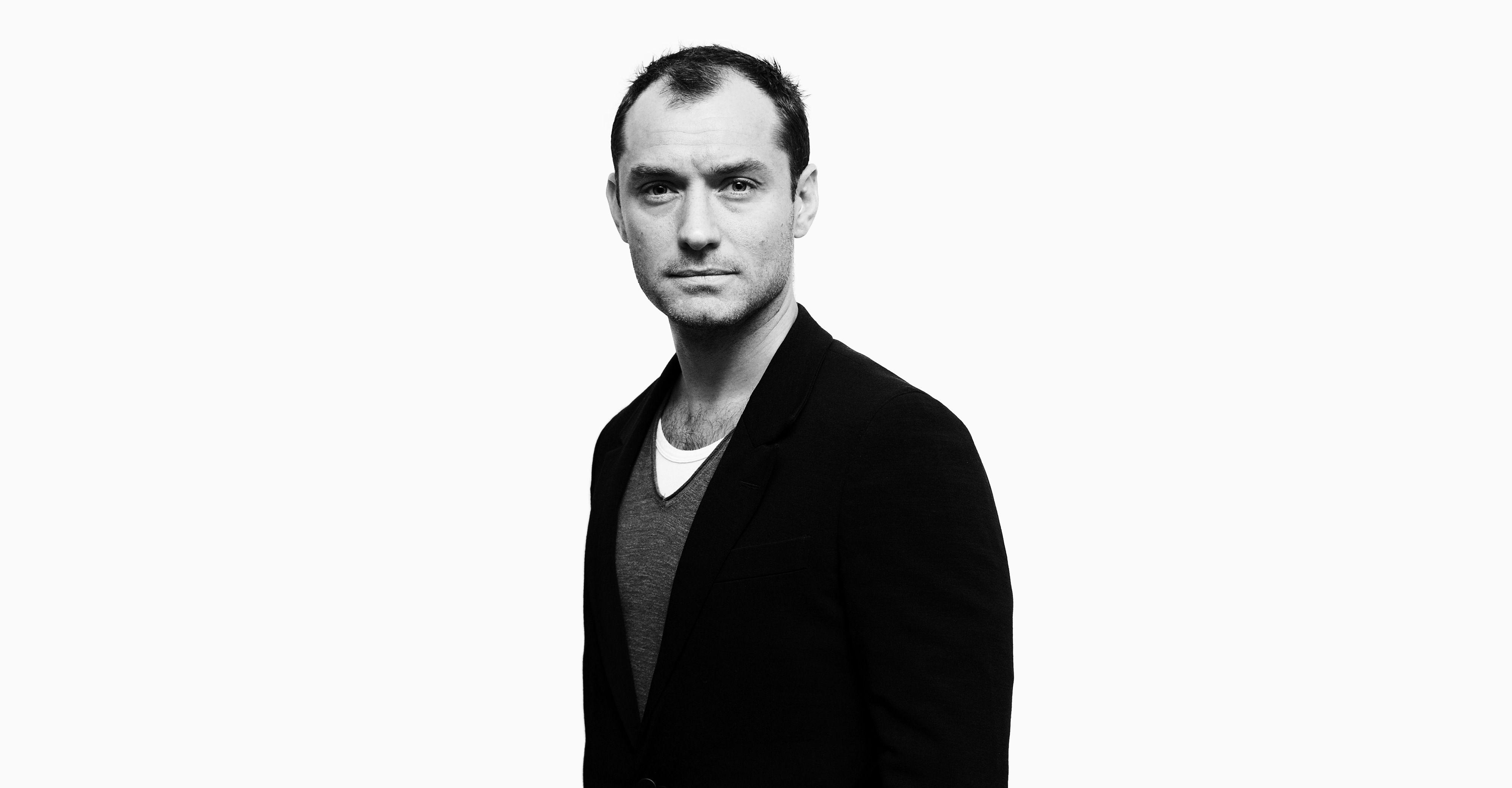
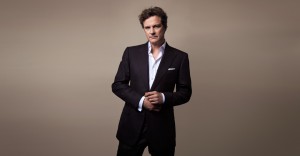
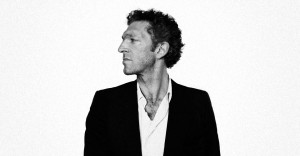
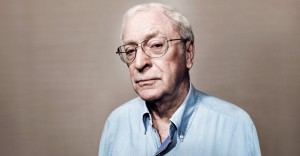

















Great interview…not to mention he has such a lovely accent too !
You have such a gift for words Patty! When I imagine you coposming such beautiful pieces such as this one today, I can almost see the words flowing from your pen like water from a stream, smoothly, naturally. Most likely you are typing these words, but I see you as writing them in ink. Your words are sobeloquent and beautiful, so well thought out!
Clever and lovely such a wonderful person
Hahaha… A color blind driving a motorbike?…